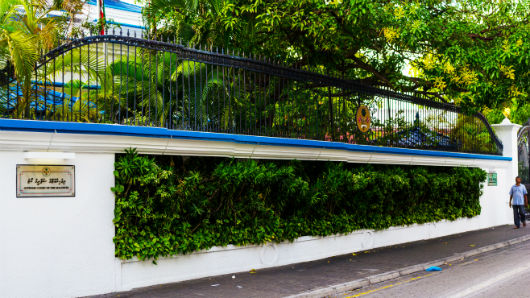Prominent religious scholars call for judicial reform
Citing verses of the Qur’an and Prophet Muhammad’s hadith, a group of 31 prominent religious scholars have urged Chief Justice Abdulla Saeed and the judicial watchdog to stem the tide of eroding public trust and confidence in the Maldivian judiciary.

26 Jan 2016, 09:00
Citing verses of the Qur’an and Prophet Muhammad’s hadith, a group of 31 prominent religious scholars have urged Chief Justice Abdulla Saeed and the judicial watchdog to stem the tide of eroding public trust and confidence in the Maldivian judiciary.
The unprecedented statement, posted on Facebook, comes amidst persisting concern over the jailing of opposition leaders on trumped up charges.
Signatures included that of former Vice President Dr Mohamed Jameel Ahmed, former Islamic Minister Dr Abdul Majeed Abdul Bari and Dr Mohmed Iyaz Abdul Latheef, a former member of the advisory body, Figh Academy.
“Islam prohibits rulings based on the judge’s personal interests, hatred, or material gain. This is why justice must be administered with consideration and based on the principles of equality and fairness,” the six-page statement read.
Become a member
Get full access to our archive and personalise your experience.
Already a member?
Discussion
No comments yet. Be the first to share your thoughts!
No comments yet. Be the first to join the conversation!
Join the Conversation
Sign in to share your thoughts under an alias and take part in the discussion. Independent journalism thrives on open, respectful debate — your voice matters.




